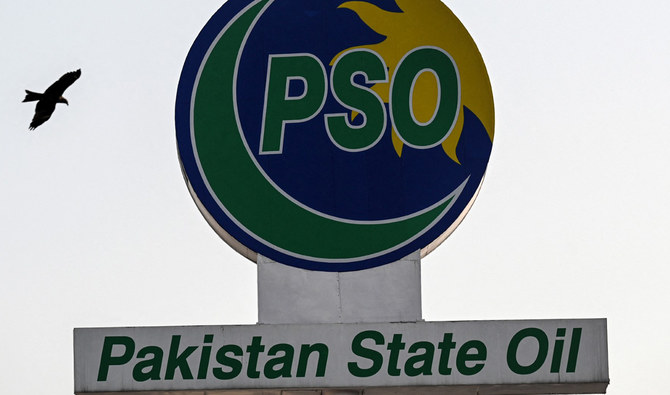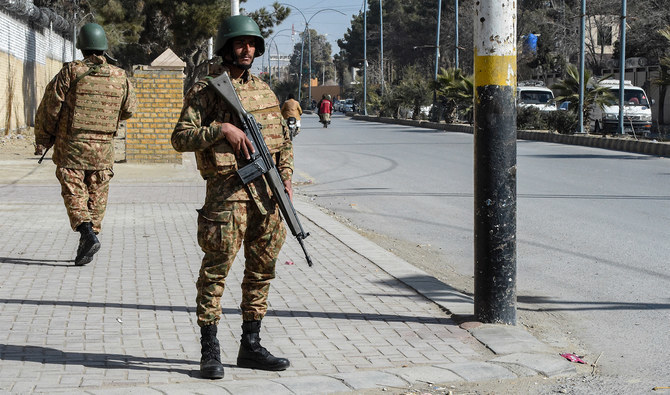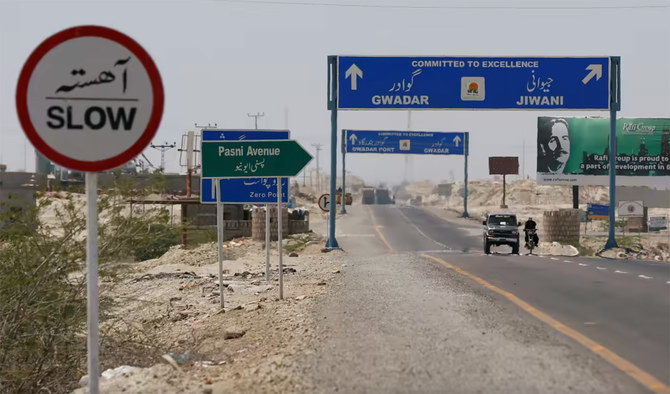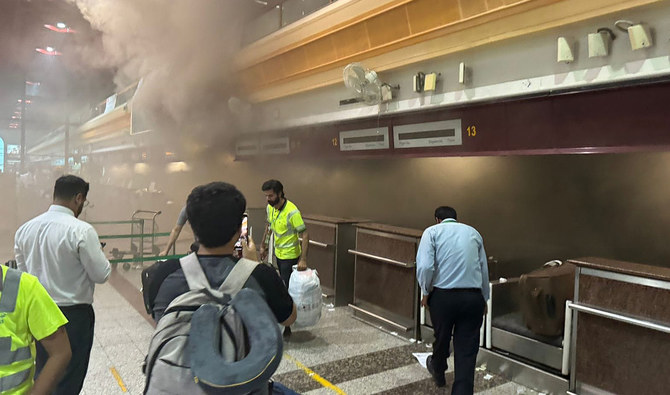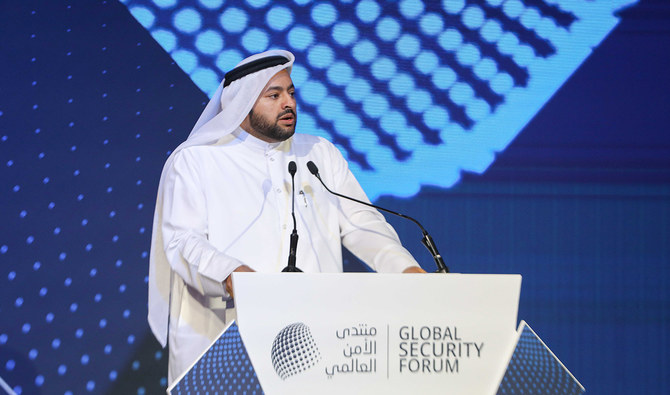ISLAMABAD: Former prime minister Imran Khan’s legal team approached the Islamabad High Court (IHC) on Thursday to get his five-year election disqualification overturned by filing a petition against a verdict in a case involving the illegal sale of state gifts during his tenure in power.
A trial court found Khan guilty of “corrupt practices” in a criminal case initiated on the recommendation of the Election Commission of Pakistan (ECP) that said he had concealed details of gifts retained from a state repository – or Toshakhana – while in office.
The former premier was arrested from his Lahore residence immediately after the court sentenced him to three years on August 5 and taken to a high-security prison in Attock.
The IHC suspended Khan’s sentence in the case within weeks, though his detention continued since he had been accused in a more serious case of divulging state secrets by sharing the contents of a secret diplomatic cable with the public.
The petition filed by his team sought “rectification of the [trial court] order dated 28.08.2023” which also led to the ex-PM’s disqualification by the election authorities.
“We have challenged the bogus notification of Imran [Khan] Sahib’s disqualification issued by the election commission in the Islamabad High Court,” Naeem Haider Panjutha, the ex-PM’s spokesperson on legal affairs, announced in a brief social media post.
The petition itself noted the trial court verdict had caused “serious prejudice to the rights of the applicant/appellant as he has been disqualified from contesting Election by the ECP’s Notification dated 08.08.2023 on the basis of the impugned order of conviction/sentence.”
It noted that Khan’s lawyers were not even allowed to properly plead the case of their client.
The plea maintained the whole episode reflected that the ECP was “in haste” to disqualify Khan from contesting the elections, as it prayed for relief from the high court.
The former prime minister is facing a slew of cases against him and has been in prison for two months.
As Pakistan moves toward national polls scheduled to be held toward the end of January, his Pakistan Tehreek-e-Insaf (PTI) party wants to secure his release and make it possible for him to spearhead its election campaign.




